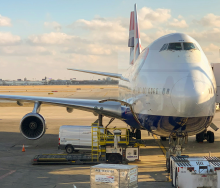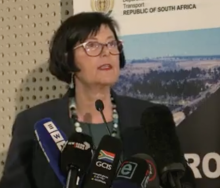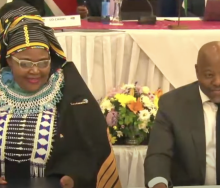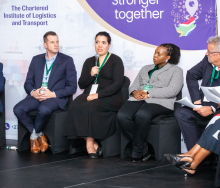South Africa’s state-owned entities (SOEs) have cost taxpayers more than R283 billion in bailouts, while incurring an irregular expenditure of R70bn for the same period.
Also at fault, according to the Auditor-General (AG), are government departments, with R50bn said to have been spent on irregular costs and payouts since 2019.
Addressing Parliament’s Standing Committee on Appropriations, the AG sketched a dire picture of SOE and government department expenses, clearly stating that over the past five years expenses had worsened.
“SOEs racked up R69.35bn in irregular expenditure over the last five years, with 16 of 30 SOEs (53%) incurring irregular expenditure in each of the past five years,” News 24 reports.
SOEs that are specifically mentioned are Transnet, SAA Technical, SA Post Office, and arms manufacturer Denel.
Irregular expenditure at the logistics utility alone came to R31.1bn for the 20/21 financial year.
According to the DA, the late minister of public enterprises, Pravin Gordhan, stated in a written parliamentary response that the government had allocated R280bn to bailouts for SOEs.
Bongi Ngoma, head of audit at the AG’s office, reported that R50bn had been identified as irregular expenditure across 38 government departments. She indicated that 18 out of 41 national departments (45%) had incurred irregular expenditure each year over the past five years.
Several key departments, including those of defence, basic education, forestry, fisheries and the environment, correctional services, and cooperative governance, were highlighted as significant offenders.
It is understood that the AG has initiated material irregularity (MI) recovery attempts, aimed at recouping resources lost to the state and taxpayers, either directly or indirectly, and to ensure appropriate consequences for misconduct.
Ngoma said there were 240 MIs where financial losses, or likely losses amounting to R14bn, could be quantified. She added there were 26 MIs related to the misuse of significant public resources, causing substantial harm to the public and public sector institutions.
While these cases do not have quantifiable financial losses, their impact has severe consequences, affecting public health, safety, and livelihoods, as well as undermining the ability of institutions to fulfil their primary functions, ultimately worsening service delivery, News 24 points out.
It’s reported that the number of resolved MIs has risen significantly, from 25 to 79. Ngoma viewed this as a sign that the MI process was working, with accounting officers taking steps to recover financial losses and improve controls to prevent further issues. However, she also mentioned that this improvement was offset by new MIs being identified, and instances where accounting officers were failing to take appropriate action.
Committee chairperson Mmusi Maimane pointed out that many issues within the government and SOEs stemmed from leadership problems. He suggested that even with robust laws, poor leadership would inevitably result in poor outcomes. Maimane also raised concerns about aligning annual performance plans with financial support, as the strategic objectives of institutions often seemed unclear. He criticised departments that lowered their targets to appear successful, even when their achievements were questionable.
DA MP Mark John Burke expressed concerns about the high expenditure on external auditors, arguing that the returns were insufficient. Similarly, ANC MP Molapi Soviet Lekganyane, echoed these concerns, calling on the AG to address these issues, noting that it was a matter of great importance.













